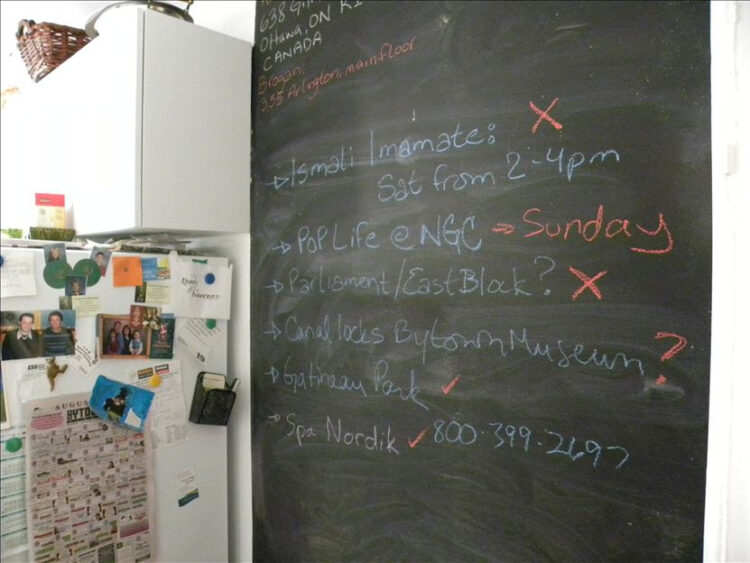
Something I have encountered on a daily basis throughout the process of growing both my family business Wine Library, and my agency VaynerMedia, is the concept of employee accountability. And I understand the challenges a boss or leader might face. What do you do with an employee that just doesn’t seem to get the work done? It’s not as if a “time out” is really a thing in office culture, and you might say that firing them still means the work isn’t done.
There are a few different ways you can tackle this issue. But before we even start with addressing unfinished work, let’s back up and see how that problem can be stopped before it starts.
If you have read my writing before, you know I am huge on company culture and everything it can do for productivity in the workplace. It, of course, applies just as much in this situation. If you’re able to build an environment where people not only truly enjoy the work they’re doing, but also believe in the mission at hand, and (most importantly) really love their coworkers, you probably won’t encounter these circumstances in the first place. I’m often shocked to see employees at VaynerMedia who are afraid to fail their coworkers more than anything else.
The best results come when employees feel like their responsibility is toward their teammates more so than a charismatic boss, a client, or even their own pride.
But maybe you feel as though you’ve put in the necessary work to create that culture. Maybe the message is still not getting through and work is being left on the table. What then?
Well, I think you do fire. If you’re in the mindset that firing someone will leave you with no one to do the job, then you’re in big trouble. If you honestly believe you can’t hire someone else to do the job, maybe you need to look at yourself more than anything else. What expectations are you setting? What is the role? Was it too tailored to that specific person? I am a big believer in hiring jack of all trades.
In the end though, I really do think this issue comes down to communication. Sometimes all it takes is sitting down with the employee in question and having an honest conversation where you ask them what actually motivates them. Seriously. Be as blunt and honest as you want.
Many organizations don’t actually do a good job at communicating, and that is a problem in the first place. Turn it back on yourself for a second. Hold yourself accountable for knowing what your employees want in life. Plus, the number one way to make sure someone will deliver for you is for you to attack their own selfishness. If you provide for 51% of the relationship, and force the other person to be good enough to deliver on the other 49%, you put yourself in a position to win big in the long term (a bit more about that dynamic in this article I wrote here).
Once it’s agreed upon by both parties (and make sure it is, because sometimes it’s not!), you need to figure out what makes that person tick. You might find that a couple of extra weeks of vacation makes that person dramatically more productive within 48 weeks instead of 50 weeks.
At the end of the day, it has as much to do with you listening as it does with you talking. Someone isn’t getting their work done? There might be a larger issue at hand than just a lazy employee. Maybe not. But before you jump to a conclusion, take a second to listen.
Reprinted by permission.
Image credit: CC by JasonParis



